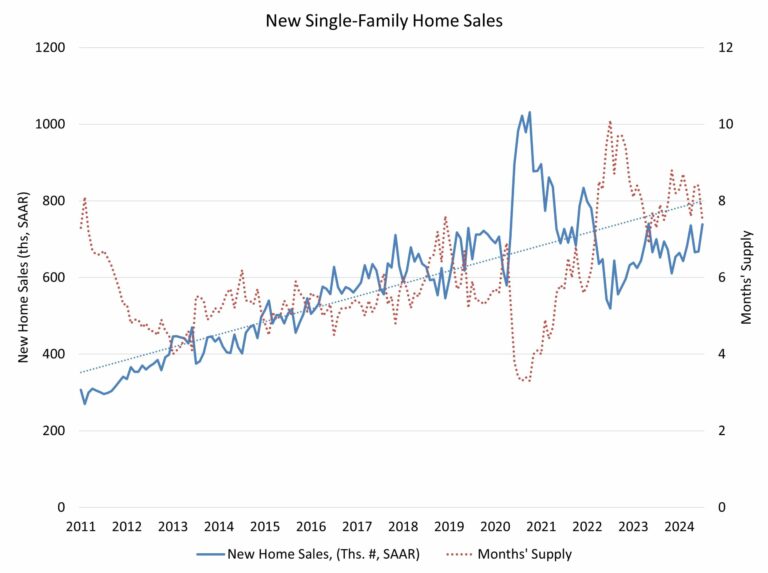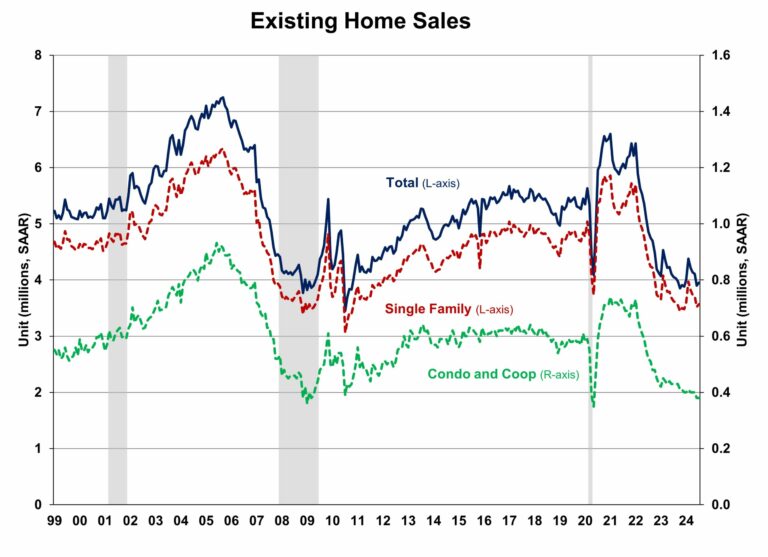NEW RULES FOR HOW MOST REAL ESTATE PROFESSIONALS SELL PROPERTY JUST TOOK EFFECT. THAT MEANS THERE ARE SOME CHANGES YOU NEED TO KNOW ABOUT ABOUT THE PROCESS. STEVE KING JOINS US LIVE WITH THE CONCERNS THAT A PALM BEACH COUNTY REAL ESTATE AGENT IS EXPRESSING FOR HOME BUYERS. AS WE MOVE FORWARD. STEVE. TODD. THESE NEW RULES WENT INTO EFFECT AS A RESULT OF A $418 MILLION ANTITRUST LAWSUIT SETTLEMENT. NOW, PEOPLE WHO ARE GOING TO TOUR A HOME NEED TO SIGN A LEGAL DOCUMENT BEFORE THEY COULD GO ON THAT HOME TOUR WITH THEIR REAL ESTATE AGENT. GARY PORTER WITH DOUGLAS ELLIMAN, REAL ESTATE IN PALM BEACH, SAYS THIS COULD CREATE PROBLEMS FOR BUYERS. I WOULD SAY THEY’RE JUST GOING TO BE CONFUSED. I THINK THAT BUYERS WILL BE WALKING INTO AN OPEN HOUSE, AND FOR ME TO EVEN SHOW YOU THE HOME, I BELIEVE YOU HAVE TO SIGN ONE OF THESE DOCUMENTS. SO I THINK BUYERS ARE JUST GOING TO KIND OF BE A LITTLE BIT HESITANT TO LOOK AT THESE THREE NEW DOCUMENTS. MOST PEOPLE DON’T WANT TO SIGN THINGS, ESPECIALLY LEGAL LOOKING DOCUMENTS, WHEN THEY DON’T EVEN KNOW THAT PERSON. PORTER SAY ONE OF THE DOCUMENTS REQUIRES THE HOME BUYER TO AGREE TO WORK WITH THE REAL ESTATE AGENT FOR A SET PERIOD OF TIME, WHILE ANOTHER ONLY COMMITS TO SHOWINGS FOR CERTAIN PROPERTIES WITH THAT REAL ESTATE AGENT. IT GOES FROM MORE COMMITTED TO MODERATELY COMMITTED TO NOT REALLY COMMITTED AT ALL. ALL THE DOCUMENTS ALSO CAN BE MODIFIED SO IF YOU SAID YOU WANTED TO GO LOOK AT HOUSES WITH ME AND DECIDED TOMORROW YOU DIDN’T WANT TO SEE THEM OR DIDN’T WANT TO BUY ANYTHING, THEN YOU JUST BASICALLY SAY, GARY, YOU KNOW WHAT? PLEASE CANCEL THAT AGREEMENT AND WE’LL HAVE TO RESIGN AND JUST CANCEL IT. AS FOR THE MULTIPLE LISTING SERVICE, IT’S PLATFORMS NO LONGER HAVE FIELDS FOR REAL ESTATE BROKER COMPENSATION LISTED LIKE BEFORE. I HONESTLY DON’T SEE IT REALLY HELPING ANYBODY. ASIDE FROM THE LAWYERS THAT SETTLED THE LAWSUIT. I MEAN, IF YOU ARE A HOME BUYER LOOKING FOR A HOME, BUT YOU’RE UNWILLING TO PAY A BROKER AND THE SELLER IS UNWILLING TO PAY THE FEE TO THE BROKER, THE A REALTOR MOST LIKELY WON’T SHOW YOU AROUND. AND FOR MORE ON THE NEW NATIONAL ASSOCIATION OF REALTORS RULES, YOU CAN VISIT OUR WPBF 25 NEWS APP. REPORTING LIVE
Palm Beach County real estate agent says new home buying/selling rules could present problems
New regulations are now in place for real estate professionals, and a Palm Beach County real estate agent says it could cause issues for home buyers moving forward.The changes follow a $418 million antitrust settlement.Now, homebuyers must sign a legally binding agreement with their real estate agent before touring a home with that agent.Gary Pohrer, a veteran real estate agent with Douglas Elliman Palm Beach, says he has concerns about the new regulations. “I would say (homebuyers are) just going to be confused,” Pohrer said. “I think that buyers will be walking into an open house, and for me to even show you the home, you’ll have to sign one of these documents, so I think buyers are going to be a little bit hesitant to look at these three new documents. Most people don’t want to sign things, especially legal-looking documents, when they don’t even know that person.”One of the documents requires the home buyer to agree to work with the real estate agent for a set period of time, while another only commits to showings for certain properties with that real estate agent. “It goes from more committed to moderately committed to not really committed at all,” Pohrer said. “All of the documents also can be modified, so if you want to go look at houses with me and decide tomorrow, you didn’t want to see them or didn’t want to buy anything, then you just basically say, ‘Gary, you know what? Please cancel that agreement,’ and we’ll have to resign and just cancel it.”Additionally, the Multiple Listing Service platforms have undergone changes, removing fields that previously listed compensation totals for real estate brokers, both sellers and buyers.”I honestly don’t see it really helping anybody,” Pohrer said. “Aside from the lawyers that settled the lawsuit. I mean, if you are a home buyer looking for a home, but you’re unwilling to pay a broker, and the seller is unwilling to pay the fee to the broker, then a realtor most likely won’t show you around.”For more information about the new rules, click here.Stay up-to-date: The latest headlines and weather from WPBF 25 Get the latest news updates with the WPBF 25 News app. You can download it here.
New regulations are now in place for real estate professionals, and a Palm Beach County real estate agent says it could cause issues for home buyers moving forward.
The changes follow a $418 million antitrust settlement.
Now, homebuyers must sign a legally binding agreement with their real estate agent before touring a home with that agent.
Gary Pohrer, a veteran real estate agent with Douglas Elliman Palm Beach, says he has concerns about the new regulations.
“I would say (homebuyers are) just going to be confused,” Pohrer said. “I think that buyers will be walking into an open house, and for me to even show you the home, you’ll have to sign one of these documents, so I think buyers are going to be a little bit hesitant to look at these three new documents. Most people don’t want to sign things, especially legal-looking documents, when they don’t even know that person.”
One of the documents requires the home buyer to agree to work with the real estate agent for a set period of time, while another only commits to showings for certain properties with that real estate agent.
“It goes from more committed to moderately committed to not really committed at all,” Pohrer said. “All of the documents also can be modified, so if you want to go look at houses with me and decide tomorrow, you didn’t want to see them or didn’t want to buy anything, then you just basically say, ‘Gary, you know what? Please cancel that agreement,’ and we’ll have to resign and just cancel it.”
Additionally, the Multiple Listing Service platforms have undergone changes, removing fields that previously listed compensation totals for real estate brokers, both sellers and buyers.
“I honestly don’t see it really helping anybody,” Pohrer said. “Aside from the lawyers that settled the lawsuit. I mean, if you are a home buyer looking for a home, but you’re unwilling to pay a broker, and the seller is unwilling to pay the fee to the broker, then a realtor most likely won’t show you around.”
For more information about the new rules, click here.
Stay up-to-date: The latest headlines and weather from WPBF 25
Get the latest news updates with the WPBF 25 News app. You can download it here.
This article was originally published by a www.wpbf.com . Read the Original article here. .











